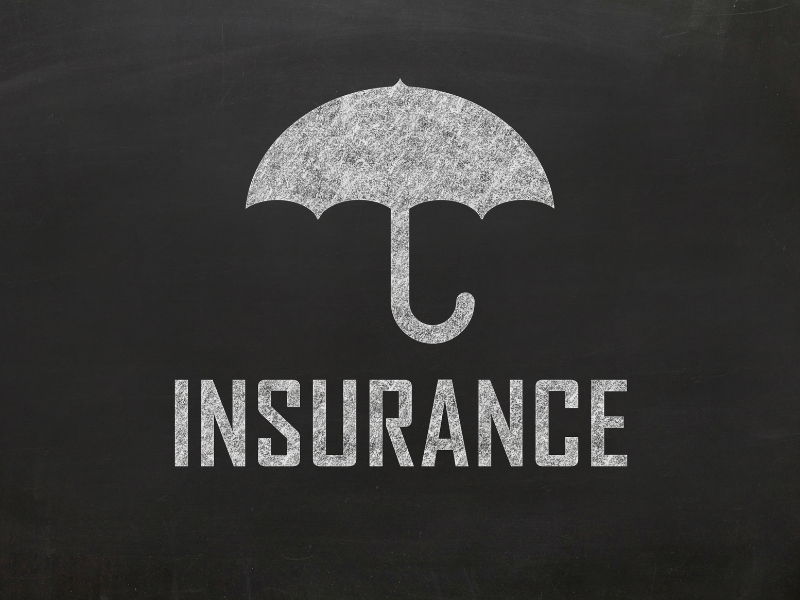An Overview Of Umbrella Insurance: How It Works
 Accidents can happen from time to time, which is why it is important for people to have insurance. While you might be able to fix some accidents on your own, others can lead to a significant amount of financial stress. This is why people must have insurance. Insurance is supposed to help individuals and families pay for catastrophic expenses; however, what happens if the insurance policy is not big enough to cover the expenses? That is where umbrella insurance can be helpful. What is umbrella insurance, and how does it work? Learn more about how umbrella insurance might be able to help you.
Accidents can happen from time to time, which is why it is important for people to have insurance. While you might be able to fix some accidents on your own, others can lead to a significant amount of financial stress. This is why people must have insurance. Insurance is supposed to help individuals and families pay for catastrophic expenses; however, what happens if the insurance policy is not big enough to cover the expenses? That is where umbrella insurance can be helpful. What is umbrella insurance, and how does it work? Learn more about how umbrella insurance might be able to help you.
Umbrella Insurance: A Definition
Umbrella insurance provides extra liability that goes above and beyond the limits of other existing policies. If the policyholder is at-fault for damages and the existing insurance policies are not enough to cover the damages, the umbrella insurance kicks in. In addition, umbrella insurance provides coverage for other items, such as legal fees, that other policies might not cover. Umbrella insurance can cover a wide range of issues that could provide important financial protection.
What Does Umbrella Insurance Cover?
Umbrella insurance acts as a fail-safe to protect you and your family against lawsuits that are directly related to accidents that could result in a personal injury lawsuit. Furthermore, umbrella insurance can cover landlord liability, defamation, and a number of other tricky financial situations, depending on how your policy is structured. Your umbrella policy will have a liability limit; however, your policy might continue to cover associated legal costs above that specific limit, depending on the wording of your policy. Because details and exclusions can vary between policies, you should ask a professional for help if you have questions.
What Umbrella Insurance Does Not Cover
Unlike some insurance policies, umbrella insurance will not cover the damages and injuries of the policyholder. This means that if you sustain property damage, your umbrella insurance policy might not cover this. In addition, there are limits to umbrella insurance with respect to breach of contract cases. Finally, umbrella insurance also does not cover intentional acts or criminal issues. It is critical to read the policy carefully to understand what is covered and what is not.
 Many homeowners do not realize that the risk of a flood is a significant factor that plays a role in not only homeownership but also the closing process. Even though flooding is a major risk, many homeowners do not carry enough coverage. Without proper flood insurance, homeowners risk losing millions of dollars. Therefore, it is prudent for those who are looking for a home to factor flood insurance into their home search. This can streamline the closing process down the road.
Many homeowners do not realize that the risk of a flood is a significant factor that plays a role in not only homeownership but also the closing process. Even though flooding is a major risk, many homeowners do not carry enough coverage. Without proper flood insurance, homeowners risk losing millions of dollars. Therefore, it is prudent for those who are looking for a home to factor flood insurance into their home search. This can streamline the closing process down the road.